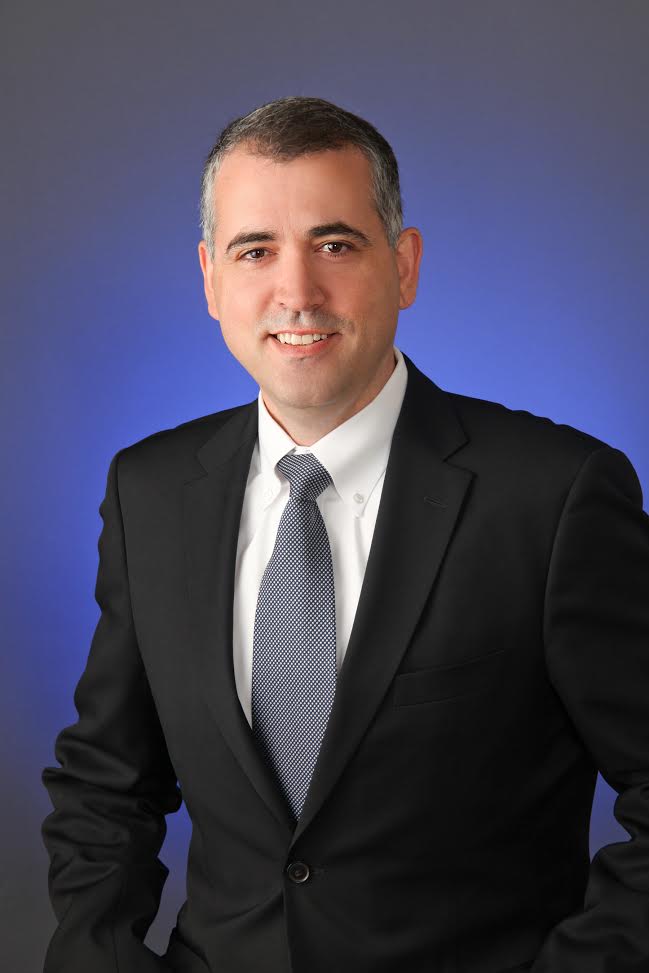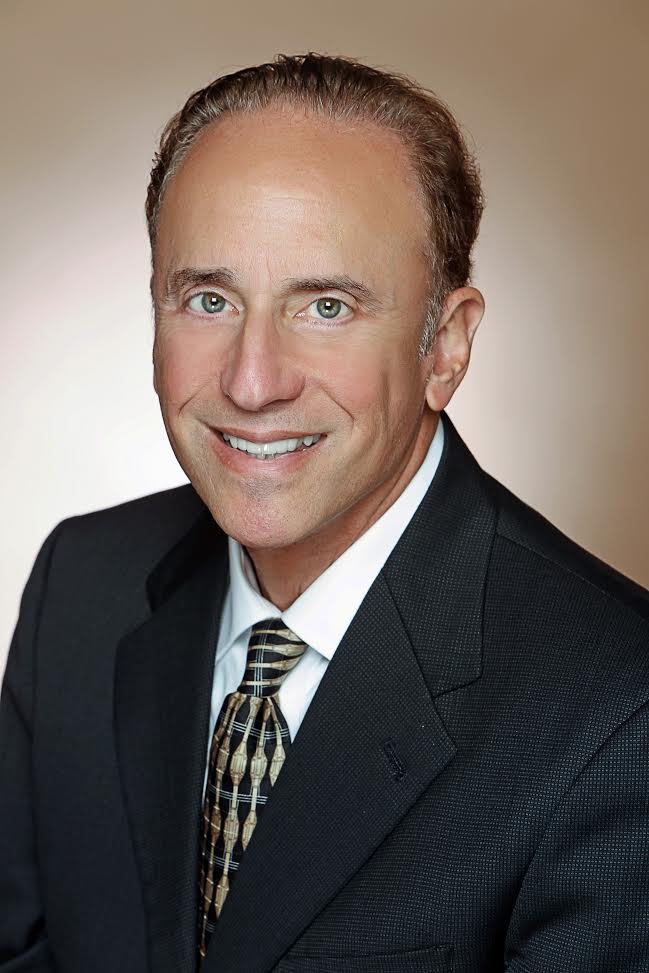Ambulatory surgery centers are performing higher acuity cases and present opportunities for the healthcare system to provide optimal care for patients at a lower cost.
 "ASCs have a significant impact in the broader healthcare model and present a value proposition for health systems and payers to provide high quality of care at a lower cost," says George Gjermano, Surgical Care Affiliates' vice president of organic growth "There is an increased focus from payers, providers and health systems to work with ASCs to perform outpatient surgical procedures."
"ASCs have a significant impact in the broader healthcare model and present a value proposition for health systems and payers to provide high quality of care at a lower cost," says George Gjermano, Surgical Care Affiliates' vice president of organic growth "There is an increased focus from payers, providers and health systems to work with ASCs to perform outpatient surgical procedures."
Two industry experts shed insights into specialties that have fared well in the ASC space and what is on the horizon.
1. Spine and total joints continue to move outpatient. Technological advancements and reimbursement improvements have paved the way for surgeons to perform more spinal and outpatient total joint procedures in ASCs.
Spine "As reimbursement codes are added to third party payments, there is more impetus for spine surgeons to want to become involved in an ASC," says Paul Eiseman, vice president of business development at Regent Surgical Health.
"As reimbursement codes are added to third party payments, there is more impetus for spine surgeons to want to become involved in an ASC," says Paul Eiseman, vice president of business development at Regent Surgical Health.
CMS proposed eight spine codes for the ASC payable list in 2017 in August, expanding on the nine codes CMS added to the list in 2015. The eight new spine codes CMS proposed include:
• Autograft for spine surgery (20936)
• Autograft for spine surgery (20936)
• Autograft for spine surgery only (20938)
• Arthrodesis, anterior interbody (22552)
• Posterior non-segmental instrumentation (22840)
• Posterior non-segmental instrumentation (22842)
• Anterior instrumentation; two to three vertebral segments (22845)
• Application of intervertebral biomechanical device(s) (22851)
For ASCs looking to perform higher acuity spine cases such as multilevel fusions, Mr. George Gjermano notes surgery centers must be aware of their local market nuances, such as 23-hour-long stay regulations, to ensure these procedures are allowed and approved by payers.
Total joints
Technology and physician training have sped the transition for total joints from a hospital inpatient stay to an outpatient procedure.
"For physicians, it is about teaching others in the ASC so that it becomes a standard practice," Mr. Eiseman notes.
To successfully perform outpatient total joints, ASCs should have strong protocols in place and select the right candidates.
"Everything from patient selection to pain management to post-op care has to come together to enable a total joint surgery to take place in an ASC with phenomenal clinical outcomes that increase the patient's and provider's confidence," Mr. Gjermano says.
2. Core specialties are expanding within the ASC space. While spine and total joints are erupting in the ASC field, other specialties that entered the space sooner are also expanding, including general orthopedics, urology, ophthalmology, gastroenterology, ENT and general surgery, Mr. Gjermano says.
Ophthalmology continues to dominate the ASC space as cataract removal is the most common service provided by ASCs, comprising 17 percent of all ASC Medicare procedures. As ophthalmology continues to thrive, more centers are looking to add other specialties to expand their service lines and boost profitability. Mr. Eiseman notes Regent is working with an ophthalmology-focused surgery center that is looking to expand into urology, general surgery, spine, pain and podiatry.
"Adding other specialties is beneficial to surgeons especially if they are looking for accretive distributions and a potential sale," Mr. Eiseman notes. "They can benefit from a stronger majority sale at a later date than they would have if they did not have the opportunity to add these specialties."
3. Getting payers and providers on board. Surgery centers have shown they can effectively and safely perform many cases in the outpatient space, but many healthcare providers and payers may have doubts, which hinder specialty growth.
"Payer and physician confidence will continue to influence and dictate how these cases migrate into an ASC environment," Mr. Gjermano says.
While Mr. Gjermano notes payers and providers have come a long way in understanding an ASC's benefits, surgery centers should continually have engaging conversations with these parties and present a value proposition.
"They need to understand these procedures are done safely [on an outpatient basis]," he explains. "It may take some work to make a physician comfortable to take that leap from the safeguard of a hospital to an ASC. You should show them the center has the right pathways and protocols in place to get patients to leave in less than 24 hours."
4. The industry continues to evolve. A decade ago, many healthcare providers would have had serious doubts surgeons could perform lumbar fusions in an ASC. However, technology is advancing swiftly, allowing traditionally inpatient procedures to segue into the ASC arena.
"The industry is always changing year after year," Mr. Eiseman says. "As the industry adapts, it won't be a question as to whether ASCs can do a procedure as they will have the clinical techniques, the right selection of patients and a third party payer that make these procedures possible."
ASCs will continue to perform lower acuity cases while also bringing more complex cases into the mix. While spine and total joints are trending for ASCs right now, Mr. Gjermano says cardiovascular procedures may follow suit.
"It always starts with a few success stories but specialties explode. Cardiovascular may parallel total joints. Orthopedics started with arthroscopy to total joints," he explains. "Surgery centers will continue to push the frontier of acuity."
More articles on surgery centers:
Retina Center of Ohio opens with ASC — 4 things to know
Physicians Endoscopy joint ventures with Gastroenterology Group of Northern New Jersey physicians & Englewood Hospital and Medical Center to open ASC — 5 takeaways
AmSurg's Sheridan continues to expand in California through Fidere Anesthesia Consultants acquisition — 5 things to know

